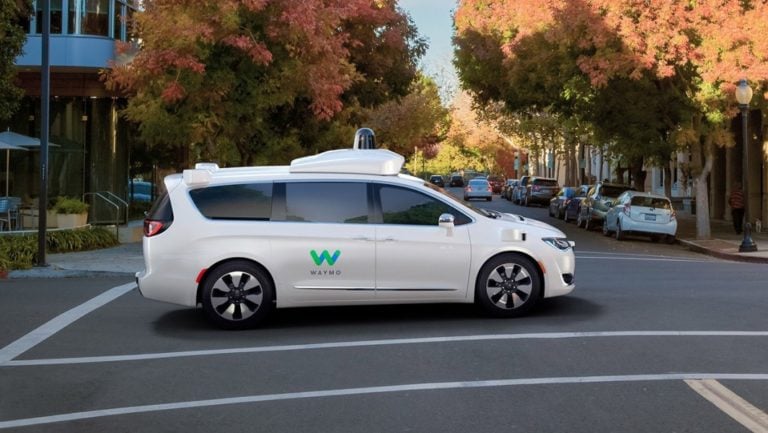The autonomous car market would be worth more than $2,000 billion in 2030. Several players have positioned themselves in this niche, and tests are increasing. Some states, notably California, are promoting the advancement of the sector by adopting more flexible regulations. It grants a license authorizing companies to carry out tests in real conditions. Zoom on the latest models.
Article summary
Autonomous car: a real challenge for businesses
Several actors are concerned
Similar principle, different technologies
Focus on the most advanced models
Waymo is getting closer to the goal
Tesla, a commercial success
Nuro wants to automate deliveries
Zoox will make its autonomous taxi offer a reality
Autonomous car: a real challenge for businesses
Several actors are concerned
The development of self-driving cars feels like a race against time. Manufacturers fall into three categories: large technology companies , automobile manufacturers and start-ups .
Google is among the pioneers. The web giant began research within its Google X lab in 2009. The progress made led to the creation of a special subsidiary in 2016: Waymo. Engineers from the company jumped ship to launch their company. We can cite, among others, Ferguson and Jiajun Zhu, the founders of Nuro.
Traditional manufacturers are slightly behind the other two entities. They are now trying to fill the gap.
Similar principle, different technologies
Manufacturers use sensors to allow cars to recognize their environments . They rely on cameras, radars and lidars. These detect obstacles and estimate their distances.
A machine with artificial intelligence will process the information. It analyzes the data and controls the vehicle. For example, it will order the vehicle to stop when the light turns red. The availability of a high definition map improves decision making.
Focus on the most advanced models
Waymo is getting closer to the goal
The Google subsidiary installed its system on two cars: a Chrysler Pacifica and a Jaguar I-Pace . The vehicles have not yet reached level 5 (autonomy in all circumstances), but they have demonstrated their reliability during tests . According to figures published in 2018, less than 10% of testers had to regain control of their cars over a distance of 1,600 km. Waymo now offers autonomous taxis in Phoenix (United States). A few vehicles also make up the Lyft VTC fleet.
Tesla, a commercial success
The American company’s Model 3 is a great commercial success. The company will also deploy Full-Self Driving (FSD) towards the end of 2019. The technology will achieve a level 4 degree of autonomy. In other words, it will succeed in slots and brake if an unforeseen obstacle presents itself. The company’s approach is paying off. It collects information from its cars intended to improve its autopilot system.
Nuro wants to automate deliveries
Nuro mainly targets the product delivery niche. Customers will access their packages through an app. It provides vehicle positioning in real time. Its concept has attracted investors, its valuation now exceeds one billion dollars . The start-up plans to launch its fleet on American roads by 2022. Capped at 40 km/h, the vehicle can focus on its immediate environment and the risk of damage is limited.
The Nuro R1 looks like a box, it’s as tall as a sedan, but with half the width. Its numerous sensors ensure good autonomy. The company has already signed a deal with Kroger stores, a retail giant. Leaders display their ambitions. They plan to offer their cars for passenger transportation.
Zoox will make its autonomous taxi offer a reality
This Californian start-up hopes to offer a fully autonomous taxi fleet . This formula has convinced many investors. Its valuation quickly exceeded a billion dollars. The company is conducting tests in Las Vegas. It installed its technology on the Highlander , an SUV from the Japanese manufacturer Toyota.


